Importance of Hydration
Our bodies are composed of approximately 60% water and hydration is essential for our overall health. Approximately three out of every four Americans are dehydrated on a regular basis. Dehydration is more common as we age because thirst levels naturally drop with age. Drinking enough water daily promotes circulation and decreases stress on your heart and blood vessels, aids with digestion, metabolism, and detoxification. It also helps you feel energized and promotes better sleep.
Optimal hydration is essential for brain health and function. Even mild dehydration causes impaired cognition in accomplishing everyday tasks. Proper hydration improves concentration, memory, and reaction time. Staying hydrated can also improve your mood and decrease anxiety.
Staying hydrated is especially important if you are recovering from an injury. Staying hydrated helps to reduce inflammation and swelling after an injury and promotes blood flow. This increases nutrients to the injured area and aids in the removal of waste products to facilitate your body’s healing process and reduce overall recovery time of an injury. Proper hydration before, during, and after a workout improves your performance and also assists with recovery.
How much water should I drink?
The amount of water you should drink varies depending on your activity level, health conditions, and overall weight. A general rule of thumb is to drink at least half your body weight in ounces per day. So, if you weigh 160 pounds, then you should drink 80 ounces, or at least 10 cups of water daily. You need more water in high-altitude environments, when you exercise, and when the weather is hot or humid. Add 12 ounces of water to your daily intake for every 30 minutes that you exercise. In addition, if you are pregnant or breastfeeding, you will need to increase your fluid intake by 24 to 32 ounces.
How can I drink more water?
Thirst is a sign of dehydration, so it is important to drink water before you feel thirsty. Consider pre-hydrating, drinking water before you start an activity and before you are thirsty. Like any other health habit, you can make proper hydration a part of your routine. Some ways to assist your habit formation include: monitoring, making it more accessible, pairing it with another regular activity, and making it more attractive.
Monitor the frequency and color of your urine. If you are adequately hydrated, you should be urinating every two to four hours, and your urine should be a very pale yellow. You can promote hydration by keeping water accessible, carrying a water bottle or keeping a pitcher of water in the fridge or on the counter.
Until hydration becomes a habit, you may need to remind yourself to drink more. You can set alarms throughout the day or you can associate the act of drinking water to everyday activities. For example, drink a cup of water: when you wake up, before each meal and snack, before and after exercising, and before going to bed.
Finally, make water more attractive by adding flavor or adding carbonation. You can also improve absorption of water in your body by adding electrolytes.
The majority of our body is composed of water. Water is essential for cognition, health, optimal performance and recovery from injuries. Avoid dehydration by being familiar with how much water your body needs each day and adjusting based on factors such as weather and activity levels.
Thank you for being a part of our Refuge community. Stay hydrated, stay healthy and stay strong!
